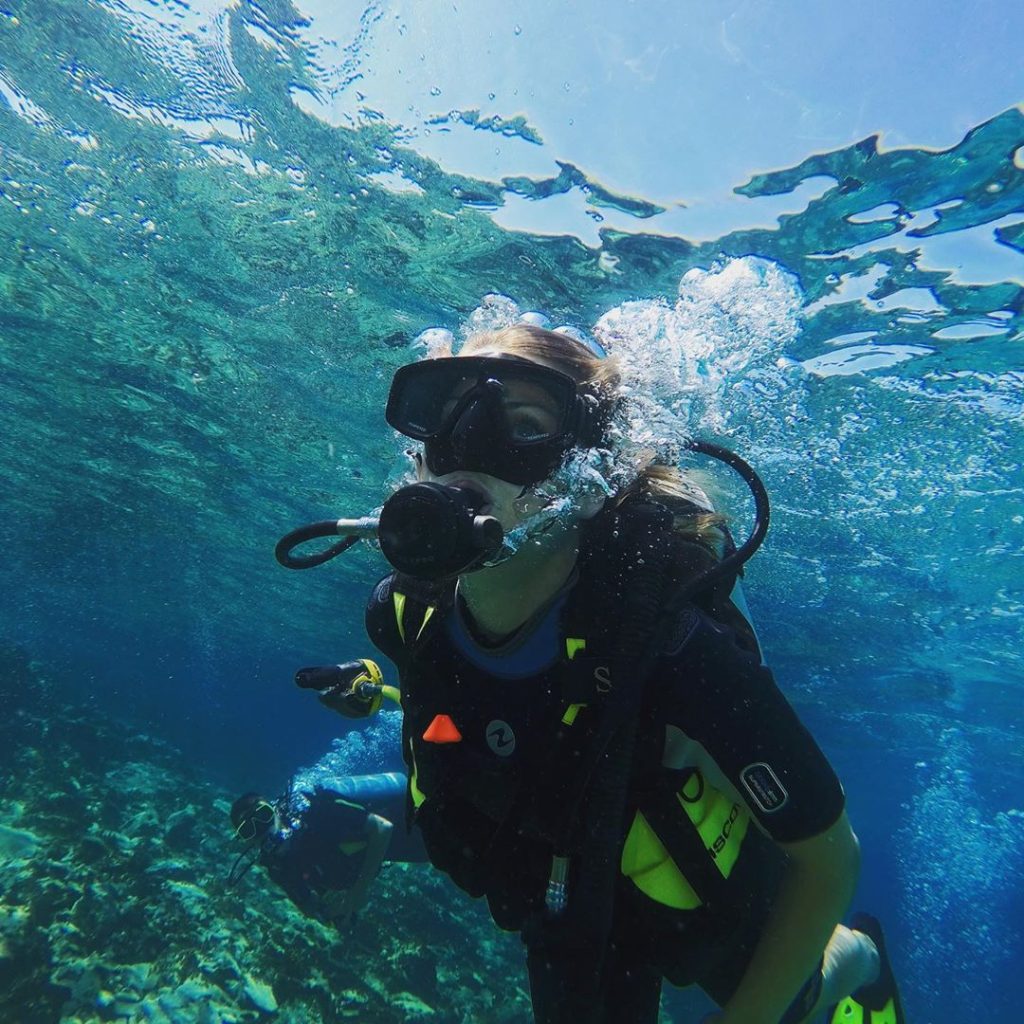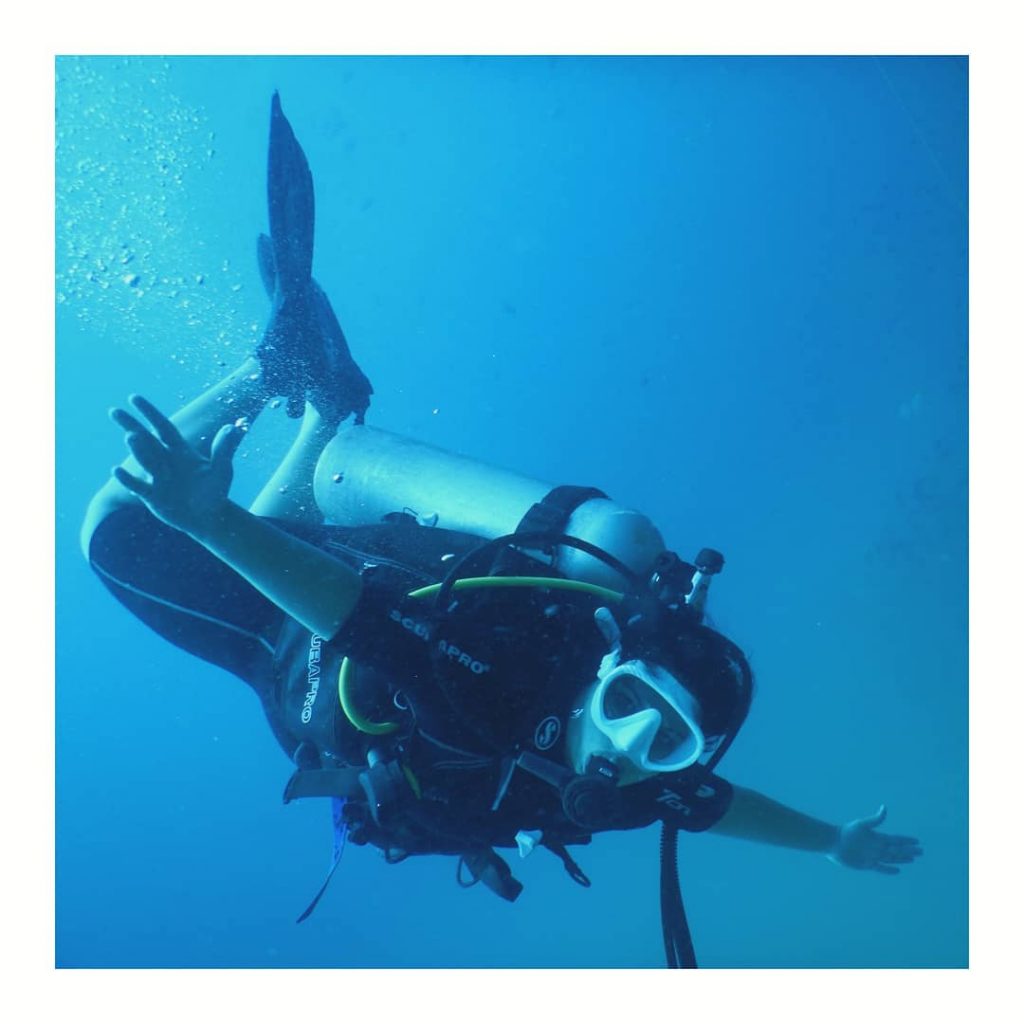For divers, the world is never too small. They have twice bogger world than regular people have and that’s because they are able to breathe underwater. Perhaps this is why the sea always lure newcomers—former land walkers who are determined to be skilled ocean explorers. Far below the surface, the ocean hides a totally different universe where colourful coral formations of every shapes and kinds blooms and hundreds of species live in wonderful harmony. No wonder that many curious minds apply for diving beginners courses every year. It allows them to be part of the ocean entirely and earn enriching experiences in the process.

Donning your snorkels is not enough to be a part of the diving club. You need to take the basic courses to learn the proper way to breathe, navigate, controlling buoyancy, and many other things. You need to gain the confidence as a bubble maker and be totally comfortable at the ocean. There will be million new things you’ll learn at the dive school. You might get frustrated. But here are some essential diving beginners tips to remember to help you do your best.
Good Day Makes Your Day
Are you scheduled for training but the weather doesn’t look promising? Don’t hesitate to cancel the diving beginners training for the day. Weather directly affects the condition for diving, especially if you are scheduled to have the open water training at that day.
Number One Problems for Diving Beginners: Breathing
One common problem for beginner in diving; they forget how to breathe normally. Just because there’s a 20 kg oxygen tank in your back and a mouthpiece in your mouth, doesn’t mean you should stop breathing. Just breathe normally—but instead of inhaling and exhaling from your nose, you do it through your mouth. And don’t stop breathing—no matter what happens. Remember your pace, relax, and try to not get faster than you should.
Calmly Rise to the Surface
Some beginners make mistake by rushing to the surface as soon as the dive time is nearing its limit. That’s a bad idea. Sudden change of pressure from the water and the air could hurt your lunge. Always remember to rise slower than the bubbles that come out from your exhalation. This will help your precious lungs to better manage the gradual changes of pressures.
Physical and Mental Fitness Is A Must

In the past, diving is considered as an extreme sport and it actually still is. It takes a lot of demanding works to dive. All your muscles is working when you swim and dive. Proper and regular physical training is essential to keep a smooth dive. You will also need a positive mental attitude to keep your nerves in control while dealing with any problems or emergency situation underwater.
More Diving Stories:
Is Nusa Penida Bali Diving Worth Experiencing?
Dive tag of Preserving the Best Scuba Diving In Bali
Do Not Touch Anything Underwater
You might have seen diving vlogs where divers touching a Manta Ray. Or touching turtles. Touching corals. These are not the example you should follow. Contrary of what’s popular, do not ever touch any marine life you see. Yes, they are incredibly beautiful. And yes, they are inspiring curiosity and wonders which invite anyone to just touch it. But here, the basic rule of the sea is to only see and to not touch. It’s for their and your own good.
Diving Beginners Could be A Good Buddy Too!
Divers are often paired up on a dive session. It could be your professional instructor, but it can also be another regular diver. You only have one another down there, so be sure to be a good partner for each other too. Communicate everything before the dives. Master the hand signals so you’ll understand everything your buddy said and vice versa.
